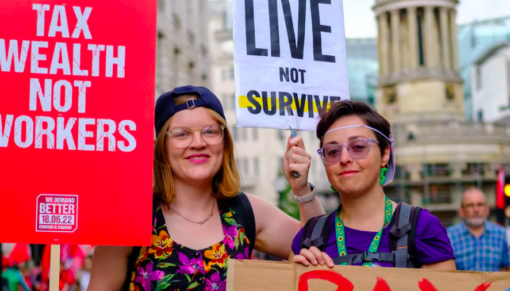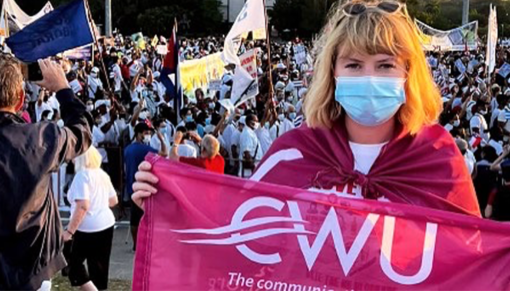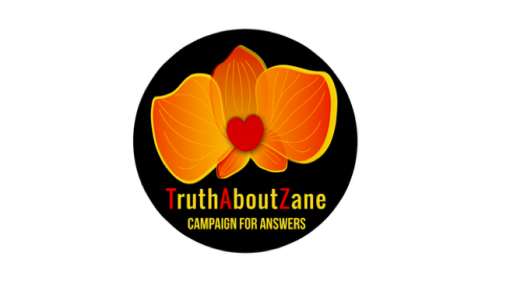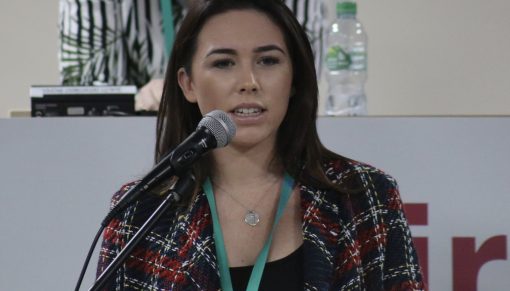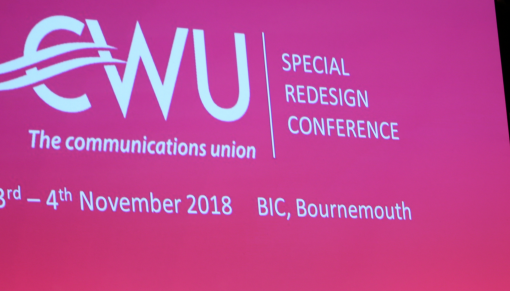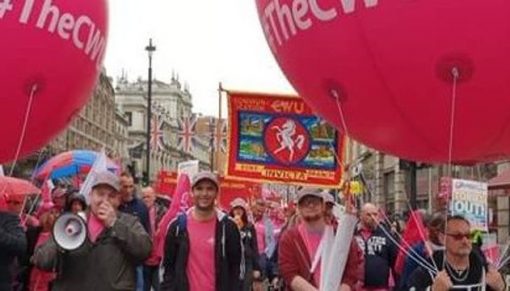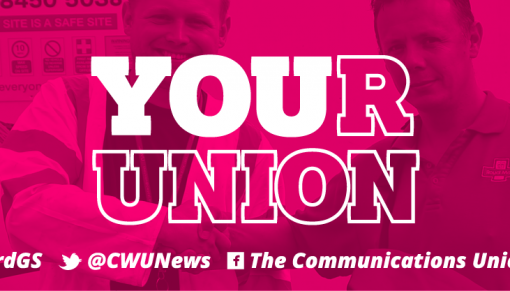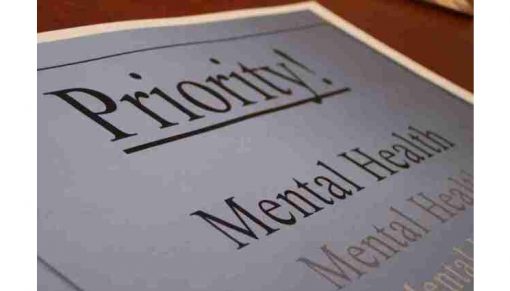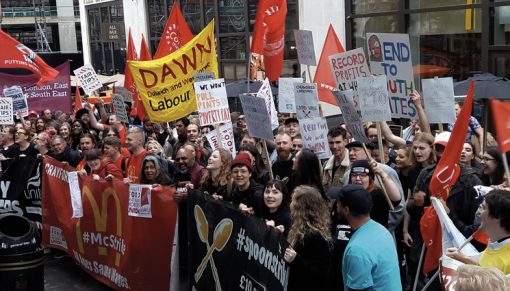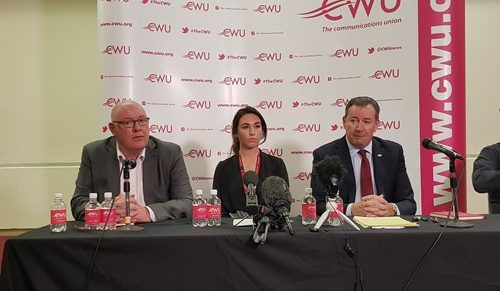The Lobbying Bill – all you need to know
October 15 2015The so-called “Lobbying Bill” has created a huge amount of concern since it was published the day before Parliament rose for the summer recess in July. It has now received a second reading in the House of Commons (on only their second day back after the summer break. The CWU has submitted an emergency Motion to next week’s TUC Congress condemning the proposed bill (full name: the Transparency of Lobbying, Non-Party Campaigning and Trade Union Administration Bill) as “a clear attack on democracy in this country” and “the clearest indication yet that the real reason for the bill is to curb the campaigning activities of the Trade Unions. ”
In a recent article for the Union home website www.unionhome.org.uk , I described why the bill was so problematic. I wrote there as follows:
“The Ultimate Gagging Order
Regular readers of my blogs will have often seen me use the mantra of “everything’s political”. Well here comes a frightening endorsement of that line in the form of government proposals that will radically affect how we campaign.
By “we” I don’t just mean political parties – these regulations will affect charities or voluntary sector organisations, campaigning or membership organisations, blogs (perhaps like this one) engaging in campaigning or public policy debate, friendly societies, religious groups, think tanks, public policy institutes, quangos and even companies and their representative trade bodies.
In short, these proposals have the frightening potential to close down debate and in effect almost outlaw democracy in the year before a General Election.
The proposals are in the government-introduced Transparency of Lobbying, Non-Party Campaigning and Trade Union Administration Bill which first appeared in the middle of July.
Originally portrayed as legislation to introduce (a very much watered-down) register of lobbyists, it imposed new administrative restrictions on trade unions and, it has now emerged, some appalling proposals to restrict campaigning activity.
The proposed administrative arrangements for trade unions are bad enough, and together with the TUC, our union has made sure that our criticisms have been clearly relayed to government.
However, the proposed restrictions on campaigning, which would apply in the year running up to a General Election, are game-changing.
Currently the Political Parties, Elections and Referendum Act 2000 restricts the amount of money that can be spent by organisations and individuals who are not political parties during the year before a General Election.
What is proposed to change is the cap on the amount of money, and the definition of what type of activity will be included.
The current cap of £793,000 (for England) will be halved to £390,000.
The new proposals are intended to cover any organisation or individual that wishes to spend more than £5,000 in England or £2,000 in the other UK nations on regulated material. You have to register in order to do this and if you can’t register as a so-called “third party for non-party campaigning purposes” then you cannot spend more than these thresholds.
The game-changing impact that this will have is that many organisations will be covered by the new rules regardless of any existing rules around charitable status or political campaigning, and regardless of whether or not they consider themselves non-political, independent or not to be a campaigning organisation.
These new rules will apply regardless of whether you believe you are engaging in the election process or not. So working with politicians, seeking to educate and inform the wider public on policy issues or looking to engage with the creation and development of public policy through changing legislation or government policy will bring you within the parameters of the new rules.
You don’t have to mention the name of any party or candidate, and it doesn’t matter if you’re primary purpose was to raise awareness of a local, national or international policy issue. Critics have already argued that it is almost impossible to envisage campaign groups that do not undertake that would fall under the scope of the new legislation.
A whole range of activities are likely to be captured by the new rules – a manifest or document which sets out policies, market research and canvassing, press conferences and media work, rallies and public meetings, advertising and unsolicited materials.
The limits will include all spending on activities including staff costs, design, service, transport, logistics and services provided “in kind”.
Although there will be exemptions for communications with “committee supporters” (namely those who pay a subscription or make a donation or are actively involved), those who sign up through Twitter-feeds or Facebook groups or who appear on certain mailing lists will not be included. The government’s timetable is designed to put this legislation in place before the European and Local Elections in 2014.
Organisations like the TUC have already observed that under these rules the cost of the annual TUC Congress would breach the limits that have been proposed just on its own.
There are two ways of looking at this proposed legislation. Either it is an example of incompetence where the consequences of what is being proposed have not been properly or fully though out. Or it is a deliberate attempt not so much to gag democracy, but positively garrotte it.
No one is suggesting that political activity should just be limited to self-declared political organisations. Nor is anyone suggesting that this activity, whoever is it undertaken by, should be completely unregulated. But rarely can there have been such a comprehensive and patently one-sided attempt to fix the terms of campaigning activity as this Bill.
The TUC are seeking an urgent meeting with ministers to press for a more considered approach. Let’s hope the government is in listening mode.
With thanks to Sam Tarry, @Sam Tarry, on whose excellent briefing note this blog piece is largely based.”
There is a clear indication today that ministers are prepared to alter the bill before it comes back to the Commons for its third reading. However, this only seems to affect the way charities are affected – making it clearer than ever that this is a partisan and disingenuous piece of legislation. As one commentator (http://www.theguardian.com/politics/2013/sep/06/ministers-retreat-anti-lobbying-laws-charities) has said – the only sensible thing to do is to withdraw the bill and start again. And so say all of us.



